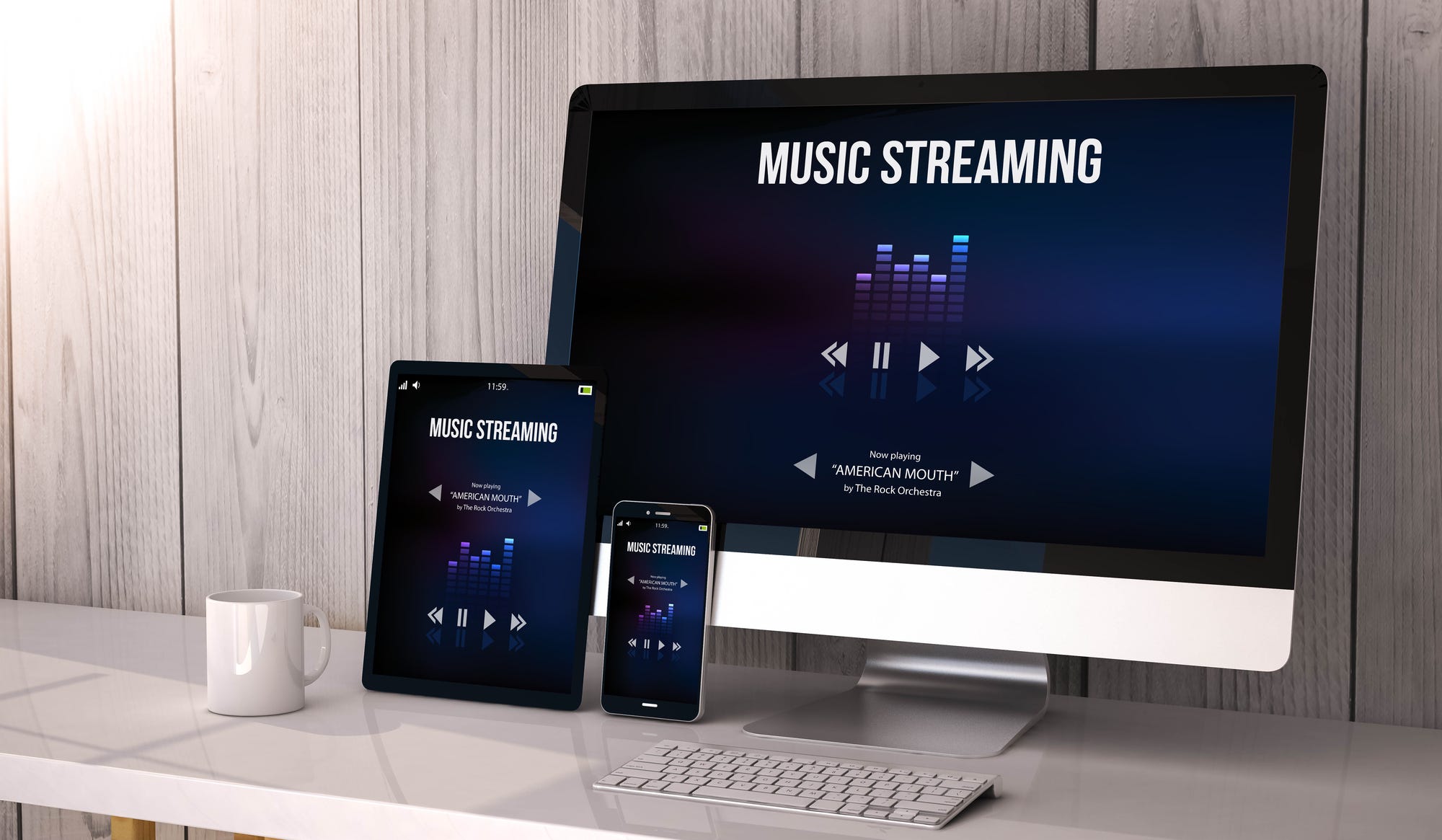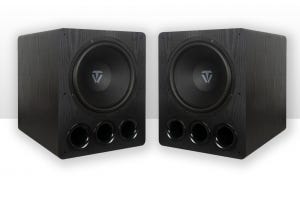
If you're an audiophile, you know that being able to stream lossless audio was a huge breakthrough for music streaming services. The first to do so was TIDAL when they offered audio with lossless compression almost ten years ago. Now, almost every streaming service offers lossless compression options in some form or another. Some sites charge more for these compression forms, and others make it available for all paid users.
If you want to stream lossless audio, which service is the best? If you aren't streaming lossless audio now, should you start prioritizing it? Here's the lowdown on lossless audio streaming.
What is lossless audio?
As you probably know, audio files take up space. When it comes to streaming, the size of an audio file (and your connection speed) impacts the audio quality available. Larger file sizes require faster download speeds, and if you're trying to stream a file with insufficient internet speed, it'll be choppy or may not even stream at all. Audio files that are completely uncompressed are far too large to stream easily if they are at least 16-bit/44.1kHz (CD quality) or better, up to 24-bit/48kHz - 352.8 kHz.
In order to shrink audio files down and make them more manageable, we use a codec algorithm. Most codecs are referred to as lossy because they discard some of the audio information in order to make the file smaller. Lossless codecs, however, are able to reduce file size without compromising any data.
As you might imagine, lossy codecs are more effective at reducing file size. From an uncompressed WAV file, an MP3 can reduce file size by 90 percent. A lossless codec such as FLAC can only reduce a WAV file by 50-70%.
What quality am I streaming?
The audio quality that you stream depends on the service you're using. Most streaming companies do offer some content at a high quality (24-bit/192 kHz). This typically requires at least 9216 kbps, or just over 9 Mpbs to stream with no noticeable choppiness or slowdown.
Keep in mind that in order to actually stream with no interruptions, your internet download speed should be approximately twice the size of the largest file you're streaming. So if you're streaming audio that requires 9.126 Mpbs, you actually need about 20 Mpbs download speed. You can stream CD quality audio (16-bit/44.1kHz) with just 3 Mbps of download speed.
Let's take a look at the streaming qualities offered by various major music services:
- Apple Music offers files ranging from 16-bit/44.1 kHz up to 24-bit/192 kHz using their proprietary lossless codec that they call ALAC.
- Amazon Music offers a premium plan with FLAC files up to 24-bit/192 kHz.
- TIDAL's most expensive subscription tier is Hi-FI Plus. This service includes content from the TIDAL Masters catalog, featuring a proprietary codec system known as MQA, ranging from 26-bit/48 kHz to 24-bit/352.8 kHz.
- Qobuz offers 24-bit FLAC files ranging from 48 kHz to 192 kHz. These are available for both of their subscription levels, Studio and Sublime.
- Deezer's premium plan only inlcudes audio files at CD quality.
Although Spotify is largely considered an industry leader when it comes to music streaming, they have yet to offer lossless streaming for any customers. In February 2021, they claimed that a high-res tier was in development, but we have yet to see it hit the market.
Of course, the highest audio quality that a service claims to offer doesn't indicate the quality of their entire library. All of the major streaming sites do offer millions of songs with lossless compression, but some companies are rather vague about the percentage of their catalog that is available at the highest quality.
Amazon Music Unlimited has over 100 million songs in its catalog, and they have announced that 50 million of them are lossless. Apple Music has only announced that their catalog exceeds 100 million songs. TIDAL Hi-Fi Plus offers over 100 million hi-res songs.
Every streaming service has its own pros and cons, so we can't say which one is best for you. If we're only considering lossless streaming, TIDAL certainly takes the cake, and they were the first to enter the world of lossless streaming, so they're largely considered the authority in this field. Of course, if you're interested in lossless streaming, Spotify isn't the choice for you. When choosing a streaming service, consider their library size, options for offline listening, and any additional features before committing to a subscription.





